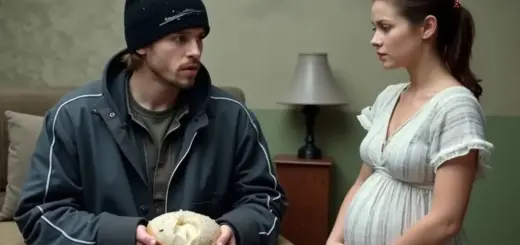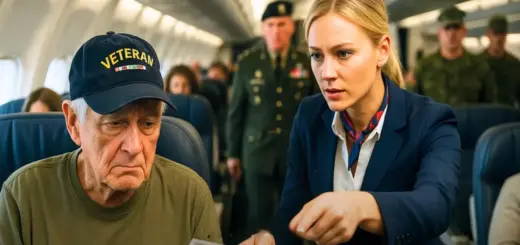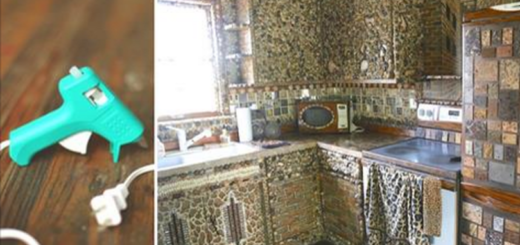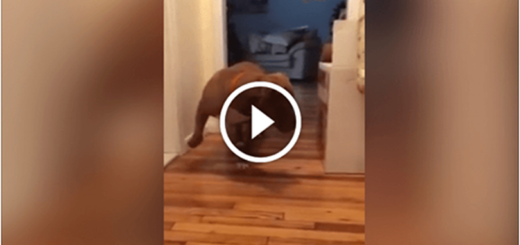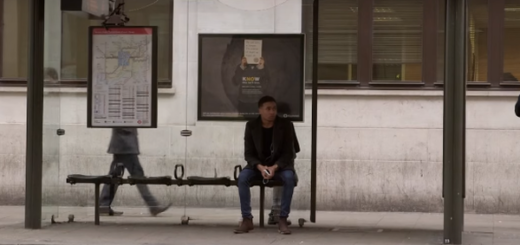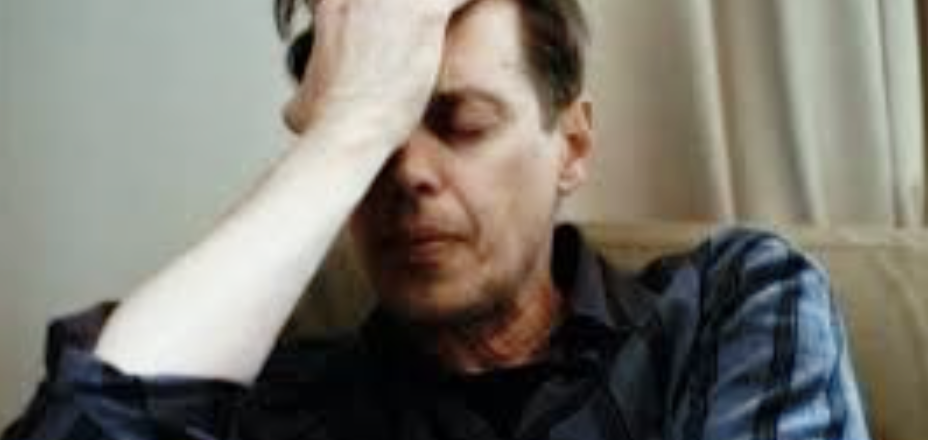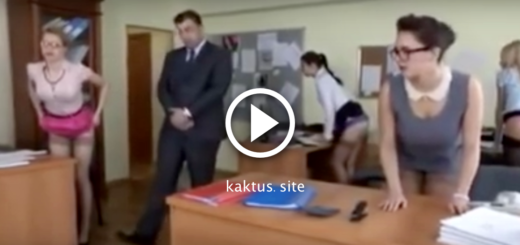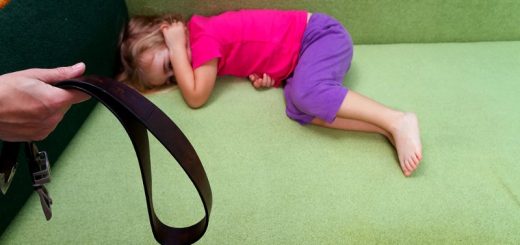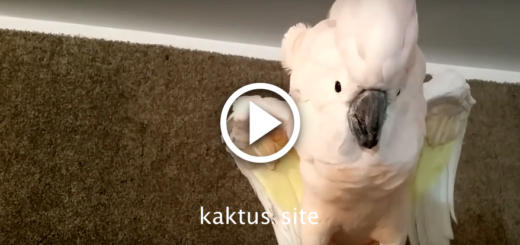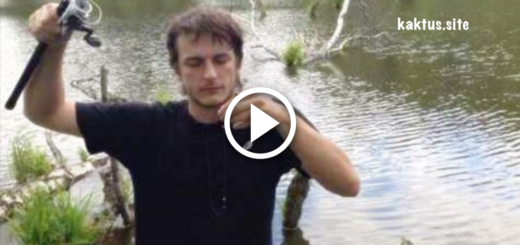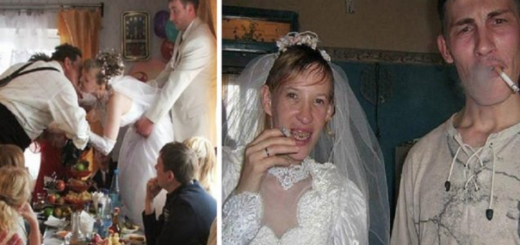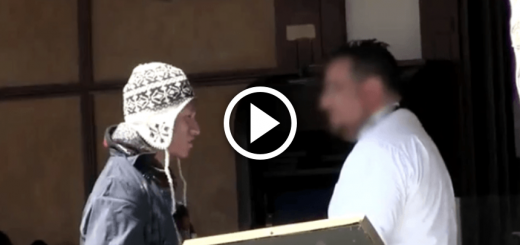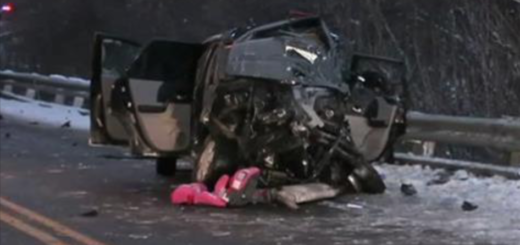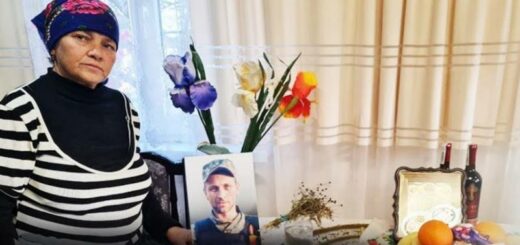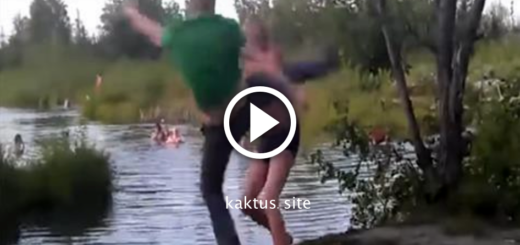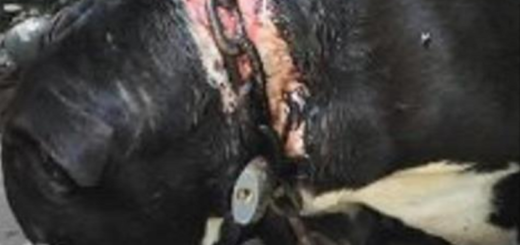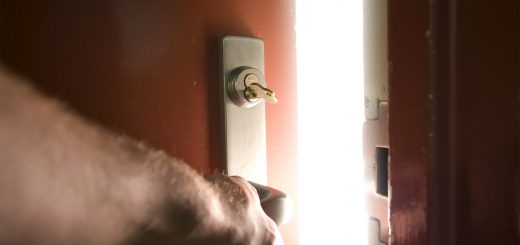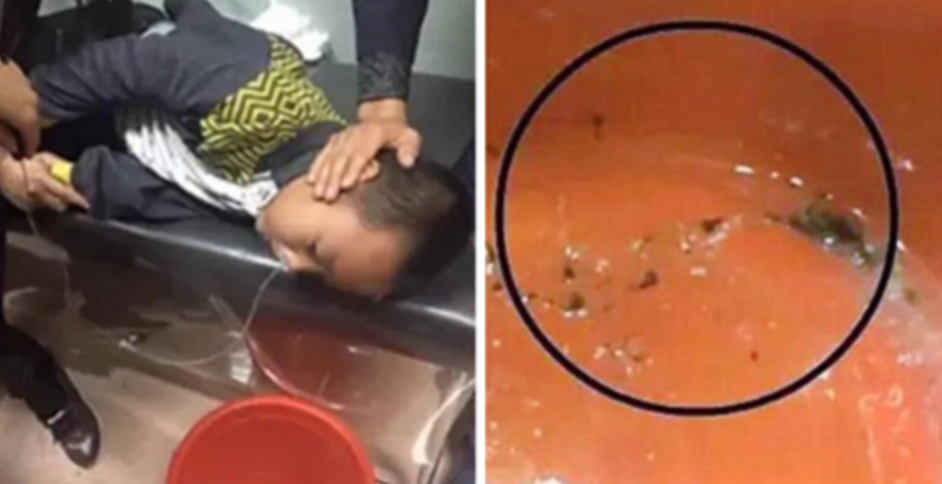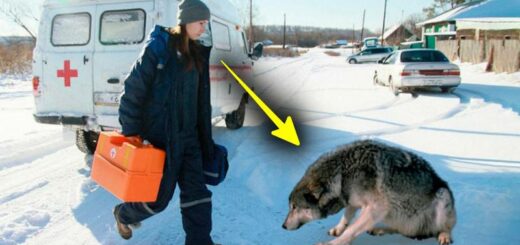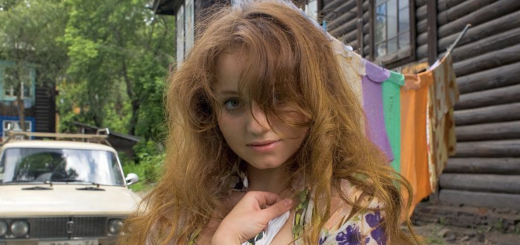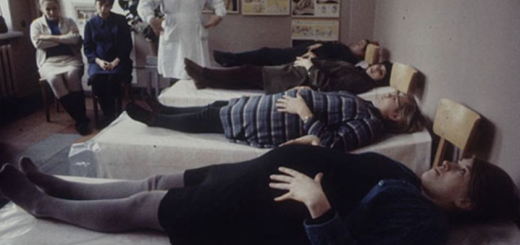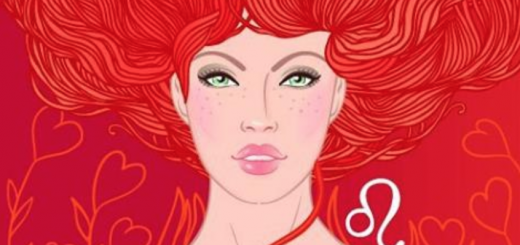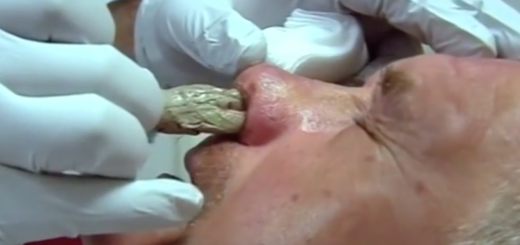I’d known Brenda for three years. She was more than a supervisor; she was a mentor. She had encouraged my ambitions, written my letters of recommendation, and covered my shifts when Mom had pneumonia. I trusted her.
“If I tell you something,” I began slowly, “will you promise me you won’t have me committed?”
“Honey, you work the night shift in an urban ER. I already think you’re a little crazy,” she said with a warm smile. “Spill it.”
And so I did. The entire unbelievable saga, from the Wawa to the lottery office that morning. Brenda listened without a word, her expression shifting from curiosity to utter disbelief.
“Your mother,” she said when I finished, her voice flat with shock. “Burned. A winning lottery ticket.”
“She did.”
“A two-and-a-half-million-dollar winning lottery ticket.”
“Yes.”
Brenda was silent for a moment. Then, she started to laugh. It wasn’t a cruel laugh, but one born of pure, unadulterated shock. “Chloe,” she gasped, wiping a tear from her eye. “In all my years, I have never heard a story like that. She burned it because you wouldn’t split it with your sister?”
“That’s the short version,” I said.
“And you’re not… I don’t know… pressing charges? Suing her?”
The question stunned me. Press charges? “She’s my mother.”
“She’s your mother who cost you two and a half million dollars.”
I considered it. Could I do that? Did I want to? The very idea felt profoundly wrong, a violation of something sacred. “No,” I said finally. “I’m not going to press charges. She’s still my mother.”
Brenda shook her head in amazement. “You’re a better woman than I am, Chloe. I’m not sure forgiveness would be in my vocabulary after that.”
“I’m not sure it’s in mine, either,” I admitted. “But I have to try.”
My shift passed in a daze. I performed my duties—checking vitals, dispensing medication, updating charts—but my mind was a million miles away. By the time I drove home in the pre-dawn quiet, I knew what I had to do. I had to tell Mom what I learned. Not to punish her, but because the truth belonged to all of us now.
But when I arrived at her house, I found a scene that changed everything. Jessie was in the kitchen, weeping—not just crying, but wracked with deep, gut-wrenching sobs. Mom sat beside her, rubbing her back.
“What’s wrong?” I asked, rushing to their side.
“She lost the job,” Mom said quietly. “The insurance company called. They rescinded the offer. Said they decided to go with a more experienced candidate.”
“I’m so sorry, Chloe,” Jessie choked out between tears. “I know you were counting on me to help. I know you were finally proud of me for getting it together, and I failed.”
“How did you fail?” I asked, sitting down and taking her hand.
“I don’t know! They just… picked someone else. I thought the interview was perfect. I thought they really liked me.”
Looking at my sister’s face, ravaged by disappointment, I felt that final wall of anger inside me crumble to dust. This wasn’t some spoiled freeloader. This was my little sister, hurt and scared and trying so damn hard.
“It’s okay,” I said, wrapping my arm around her. “You’ll find another job. A better one.”
“But what about the roof?” she asked. “What about helping Mom?”
“We’ll figure it out,” I said with a certainty I didn’t feel. “We always do.”
Across the table, my mother looked at me, and in her eyes, I saw a profound gratitude and relief.
“You know what?” I said, making a decision in that instant. “I’m done talking about money. No more lottery tickets, no more house repairs, no more jobs. Let’s talk about something else.”
“Like what?” Jessie asked, wiping her eyes.
“Like the fact that I love you both more than any amount of money. Like the fact that we are a family, and we stick together. No matter what.”
I never told them I went to the lottery office. Some truths are just too heavy a burden to share. What was done was done. But that night, lying in bed, I had a revelation. Mom had been right about one thing. That money would have changed me. The rage, the resentment, the way I had looked at my own sister as a liability—that wasn’t the woman I wanted to be.
Maybe losing the lottery was the best thing that ever happened to me.
Three months later, I was sitting in my car outside a community health clinic in Kensington. The sign on the door read Now Hiring: Nurse Practitioner Trainee. I had finally applied to the graduate program at Temple University. It was expensive, and it meant cutting my hours at the hospital, but I had mapped out a new plan—one built on scholarships, student loans, and a very strict budget. Funny, I might never have found the courage if I’d had the lottery money. The easy path isn’t always the right one.
I’d been accepted a month ago. This interview was for a job that would let me earn and learn simultaneously. It wasn’t the glamorous future I had once imagined, but it was real. It was mine.
The interview was a success. The clinic director, a woman named Dr. Chen, understood the hustle. “When can you start?” she asked.
“Next Monday,” I replied, my heart soaring.
I was so ecstatic I almost called Mom, but I decided to tell her in person. I found her in the backyard, humming as she hung laundry on a line strung between two old maple trees.
“Mom!” I called out.
Her face broke into a wide, beautiful smile. “Chloe! What are you doing here?”
“I had an interview. For the clinic job.”
“And?”
“I got it.”
She dropped the damp sheet she was holding and rushed to embrace me. “Oh, baby, that’s wonderful! I am so, so proud of you.”
We stood there, holding each other in the warm afternoon sun. Inside, Jessie was at the kitchen table, her face illuminated by the glow of Mom’s old laptop.
“I got the job!” I announced.
She leaped up and hugged me. “Chloe, that’s incredible! I’m so happy for you.”
“How’s your search going?” I asked.
“Good! I have a really promising lead for a receptionist position at a pediatrician’s office. I should hear back by Friday.”
Mom made coffee, and we sat around the table that had once been a battleground, now a place of shared dreams. Jessie’s plans, my plans, and then, Mom’s.
“I’ve been thinking,” she said. “Maybe it’s time I went back to school, too.”
Jessie and I stared at her. “Mom, you’re fifty-three,” I said gently.
“Fifty-three isn’t dead,” she retorted with a grin. “I always wanted to get my degree in social work. Help other single mothers find their way.”
It was a brilliant idea. We talked for an hour, the air thick with possibility. It struck me that this conversation, this hope, was born from the ashes of that lottery ticket. My life hadn’t ended that day; it had been reborn.
As I was leaving, Mom stopped me. “I never told you how proud I am,” she said, her voice thick with emotion. “Of the woman you’ve become. The one who works for her dreams instead of waiting for luck. The one who chooses her family. That’s the daughter I raised.” Tears welled in my eyes. “I know I hurt you, Chloe. And maybe I was wrong to burn that ticket. But I am not sorry for the person you are today.”
She was right. I was stronger now. More resilient. I knew my own worth, independent of any jackpot.
Six months later, I was at my pinning ceremony, officially a student in the Nurse Practitioner program. Mom and Jessie were in the audience, cheering the loudest. Jessie had landed the receptionist job and was already a favorite at the office. Mom had just aced her first college midterm in thirty years.
At our celebration dinner, Mom slid an envelope across the table. Inside was a lottery ticket. The same numbers.
“I’ve been buying one a week,” she said. “Just in case lightning strikes twice. This time, if you win, the choice is yours. Share it, keep it, burn it. It’s your decision.”
I looked at the ticket, then at the two incredible women across the table. “You know what?” I said, tucking it into my wallet. “I think I’ll hold onto it. You never know.”
Three years later, I graduated with my Master’s degree. Jessie was now the office manager and engaged to a wonderful man. Mom had earned her degree in social work and was running a non-profit for single mothers.
We never won the lottery again. We didn’t need to. We had already won the only prize that ever truly mattered. We had each other.

